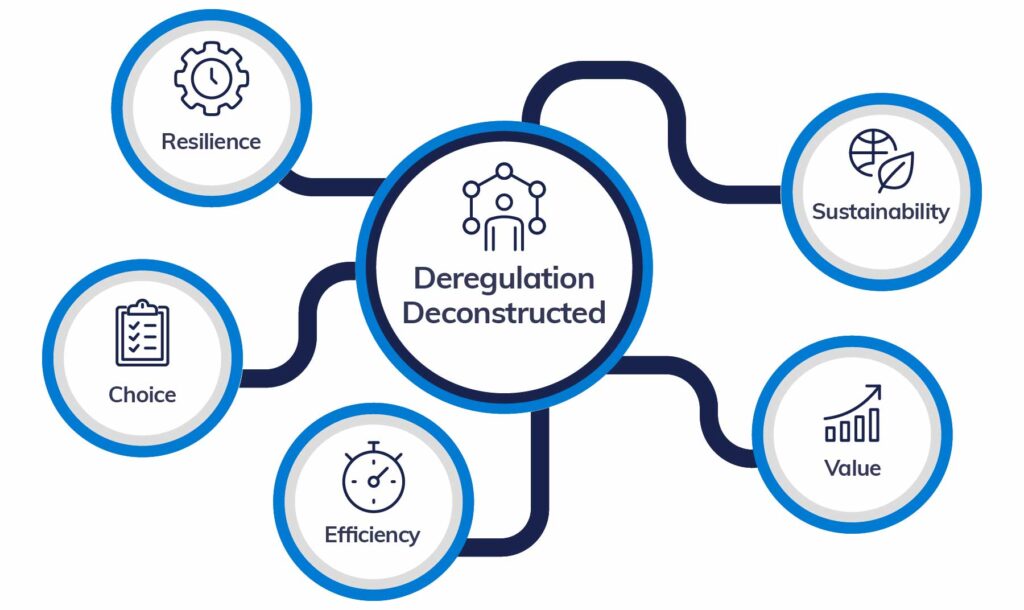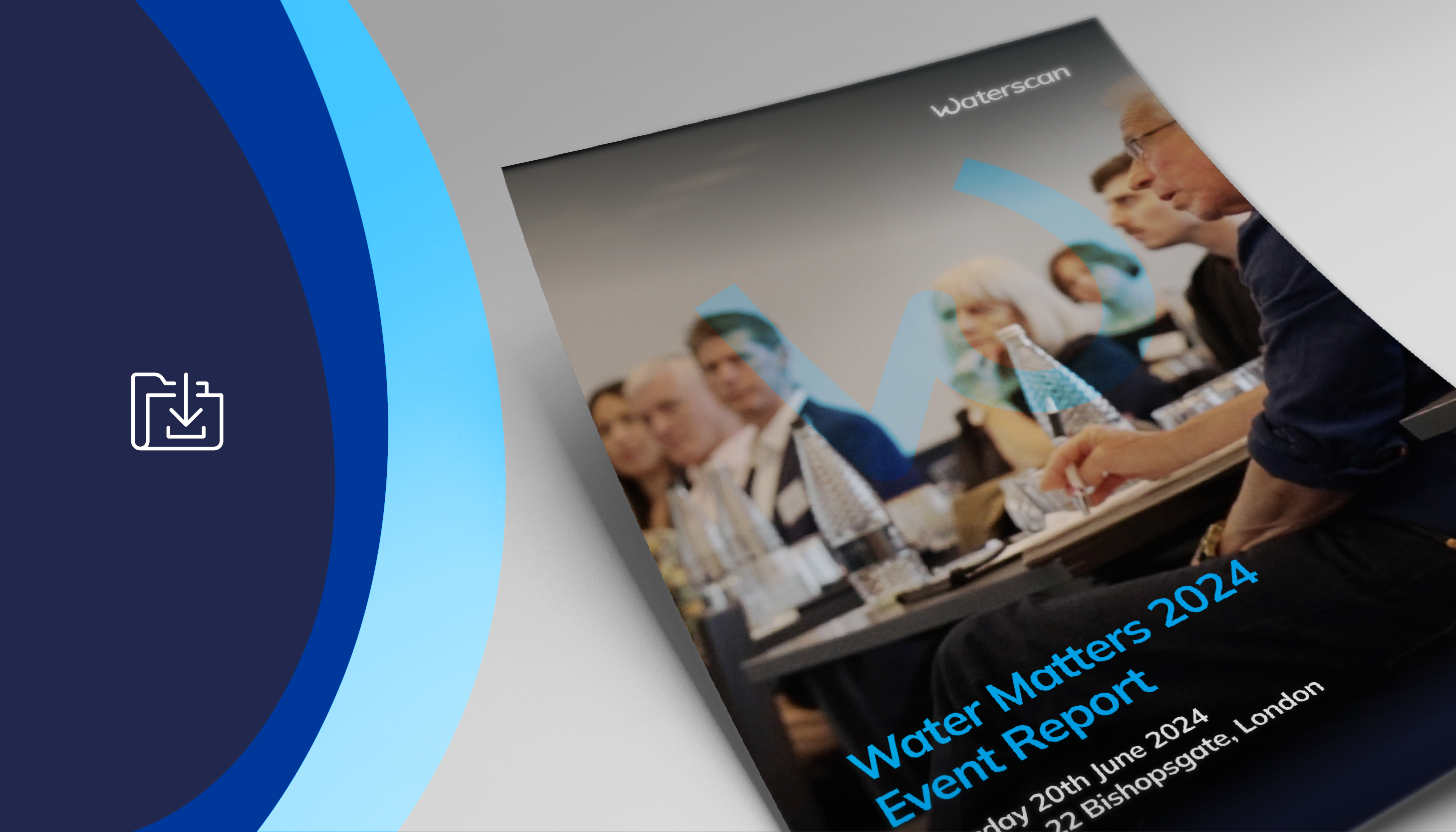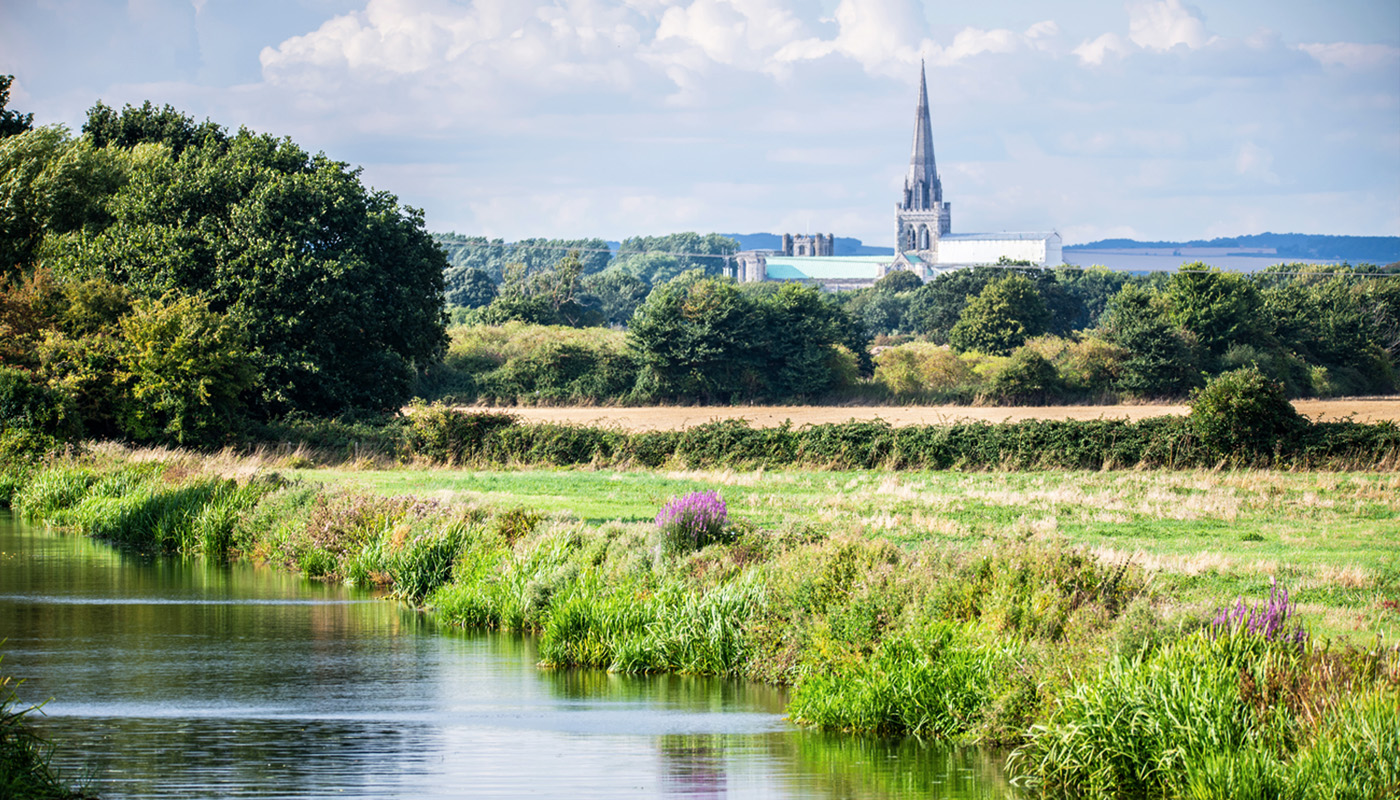An assessment of the water market opportunity.
Customer choice and empowerment. Value for money for all. Operational resilience to water-related events. Administrative efficiency. Sustainable, quality water supply.
The deregulation of the water industry in 2017 set out to accomplish a lot. Five years on, to what extent has it delivered?
Waterscan has dived into each of these five fundamental goals to reflect on how the water market is shaping up, based on the reality of water customers’ experiences of navigating this newly competitive marketplace. What follows offers an alternative view of the water market five years in – the customer’s view. This is important, because so often industries become inwardly facing, wrapped up in processes and complexities, while the opinions and experiences of the end-users which they set out to serve, often fail to be heard.

Overall, it’s fair to say that, so far, the deregulation of the water market has not achieved the widespread positive impacts that many had hoped for. The majority of non-household customers are not experiencing lower bills, better customer service and the confidence that comes with knowing that their business is resilient to water-related climate impacts, like floods and droughts.
However, this should not – and must not – prohibit businesses getting involved in water stewardship. Failing to take responsibility for, and act on, water efficiency is building serious and exponential business risks – financial, operational, regulatory and reputational. Water is the lifeblood of all businesses. Preserving its supply is critical to all strategic resilience and growth planning. Working with the water market is a way to achieving this.
Choice, value, resilience, efficiency and a high-quality sustainable water supply are there for the taking – but only for customers willing to engage with the market and act on water. The British businesses that are doing so are leading the way. Their actions, experiences and opinions are demonstrably working to shape this young market for generations of businesses to come. Through mechanism like the Self-Supply Users Forum, various agencies including Ofwat, MOSL, Defra and the Strategic Market Panel are listening hard to what non-household customers need and they’re also benefiting from the commercial proficiency that these businesses bring to the table. As a result, new ideas and regulatory mechanisms are emerging which will offer a path through market frictions and roadblocks.
With this in mind, Waterscan encourages all British businesses to be a part of the conversation on water, to express your opinions and experiences, so that we can collaboratively and effectively build a water market that delivers for customers and the environment; one that we can all be proud of.




